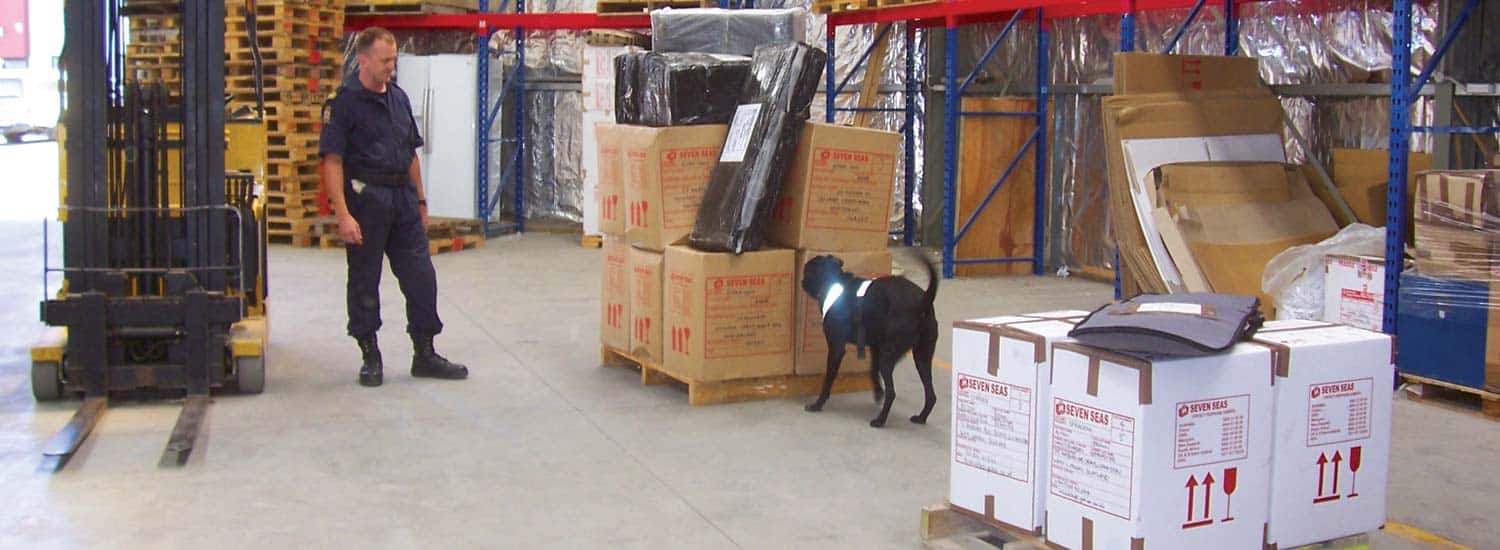Before packing, check this list of items prohibited from entering a particular country or region.
What is an expat?
An "expat", short for expatriate, is a person who lives outside their native country. Unlike immigrants, expats typically reside abroad temporarily, often for work, study, or personal reasons.
From recent graduates pursuing international careers to families looking for a better quality of life, expats represent a diverse spectrum of individuals. According to the World Migration Report 2022, one in thirty people are migrants. In 1990, there were an estimated 128 million international migrants worldwide. By 2020, the number had risen to 281 million.
In this guide, we'll examine the differences between expat, immigrant, and migrant and explore the steps you might consider before embarking on your overseas adventure.
Quick links
Expatriate definition | What does expat stand for? | How to become an expat

Expatriate definition
Expatriate, commonly abbreviated to "expat", refers to someone who lives in a country other than their native land. Expats relocate abroad for various reasons, such as better employment and educational opportunities, retirement or improved quality of life.
Unlike immigrants who settle abroad permanently, expatriates are likelier to maintain ties to their home country and may eventually return. They might live abroad temporarily to achieve a defined goal, such as earning money to send back home or attaining a qualification.
Expatriates contribute to the cultural diversity, economies, and spirit of worldwide connection in their adopted countries.
Migrant vs immigrant
"Migrant" and "immigrant" are often used interchangeably but have slightly different meanings. A migrant refers to anyone moving from one country to another for various reasons, including employment, education, or lifestyle choices, such as an improved standard of living. If moving from one part of a country to another, migrants are often known as "internal migrants".
An immigrant, however, refers to someone moving abroad to start a new life there permanently. Immigrants seek settled status in their new country, whereas migrants may not have long-term plans to stay.
Migrant:
- A broad term referring to any person moving from one place to another, either within their country (internal migration) or across international borders.
- It can be temporary or permanent, voluntary or forced. Reasons for migration include seeking employment, escaping conflict or natural disasters or pursuing education.
Immigrant:
- Someone who moves to a foreign country to settle there indefinitely.
- Immigrants intend to make their new country permanent by integrating into society, learning the language and contributing to its economy and culture.

Why do people immigrate?
People immigrate for employment (e.g., finding a new job, starting a business abroad, or being sent by an employer), a lifestyle change (e.g., retirement, financial reasons, or adventure), education (e.g., attending university or learning a new language), relationships (e.g., to live with a partner or family member), and political or religious safety.
Below is a graphic showing the percentages of people's reasons for moving overseas according to the InterNations Expat Insider survey.

What does expat stand for?
"Expat" stands for "expatriate", a term derived from the Latin words "ex" (out of) and "patria" (native country). The term expats usually implies a temporary or semi-permanent stay with close ties back home instead of a permanent relocation.
...contact a trusted international removals company to arrange the transportation of your belongings.

How to become an expat
Becoming an expat involves several steps, plus a great deal of patience and perseverance! Here are some essential factors to consider before, during and after your big move:
- Choose your preferred destination: consider the cost of living, employment opportunities, language, climate, healthcare, safety, and how well the culture suits your preferred lifestyle. Visiting the country for a holiday beforehand can help you better understand its suitability.
- Secure employment: either via a job transfer, a new job, sponsorship from an employer in your new country, or working remotely for a company in your current country. Job search websites like Indeed and Monster and networking platforms like LinkedIn are great places to start your search.
- Financial planning: ease some stress by saving money for travel and living costs, such as temporary accommodation on arrival. Also, research how straightforward it will be to move money to a new bank.
- Moving logistics: decide what to take, store, donate or sell, and contact a trusted international removals company to arrange the transportation of your belongings.
- Get a visa: gather all required documentation, such as identification, marriage certificates and bank statements, and determine the most applicable visa to apply for.
- Find a temporary home: research your preferred neighbourhood based on amenities, proximity to work and schools and the community vibe. Then, weigh up whether to rent or buy a home. Renting is a golden opportunity to acclimatise to your new surroundings without commitment, whereas buying lets you build roots immediately.
- Connect with expat communities: reach out to fellow expatriates who can share their wisdom and offer much-needed support and company during your transition.
- Arrange healthcare: understand the local healthcare system, including whether or not essential services are free for new residents and ensure you have adequate health insurance.
- Adapt to your new culture: take language lessons and learn about local customs, such as greetings, social norms and dining rules.












